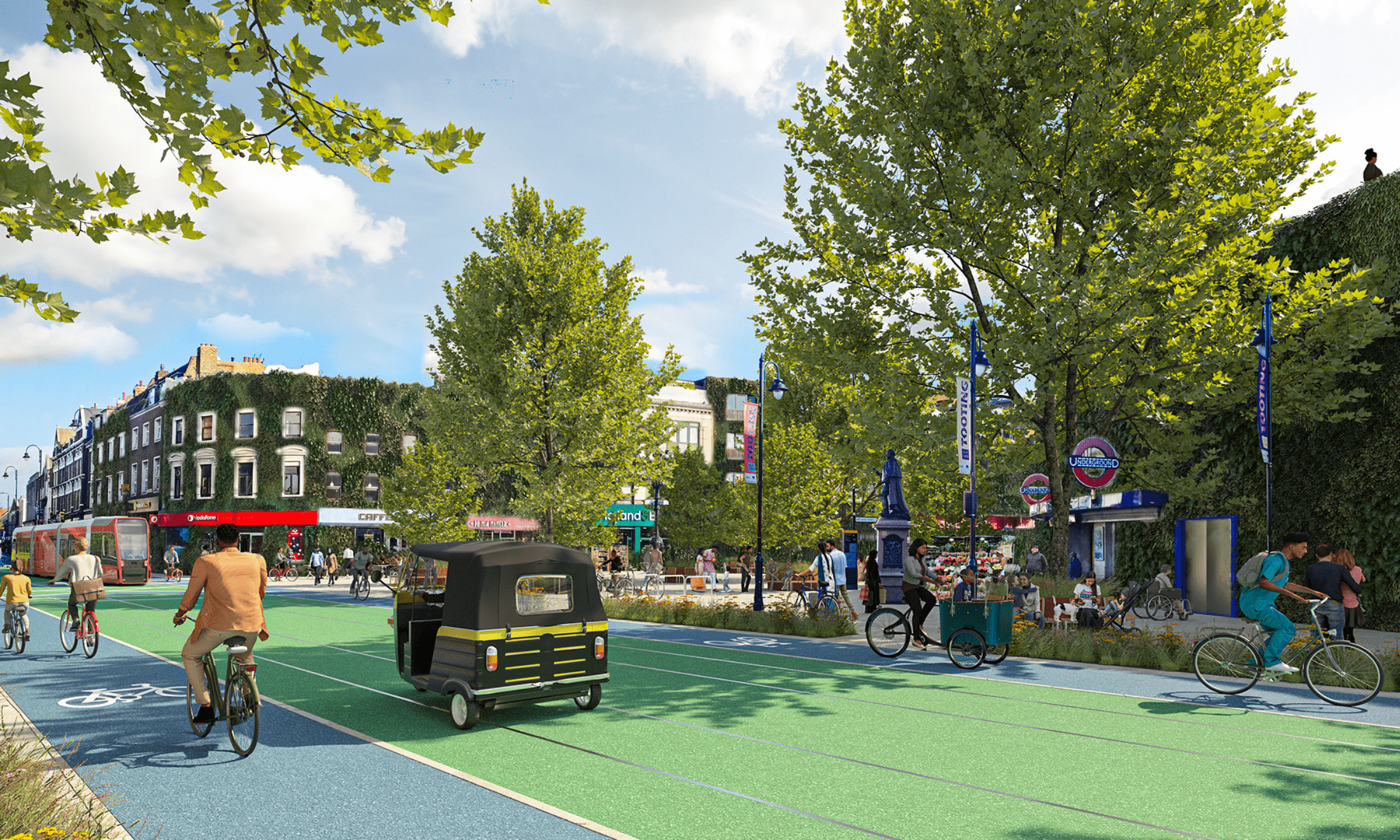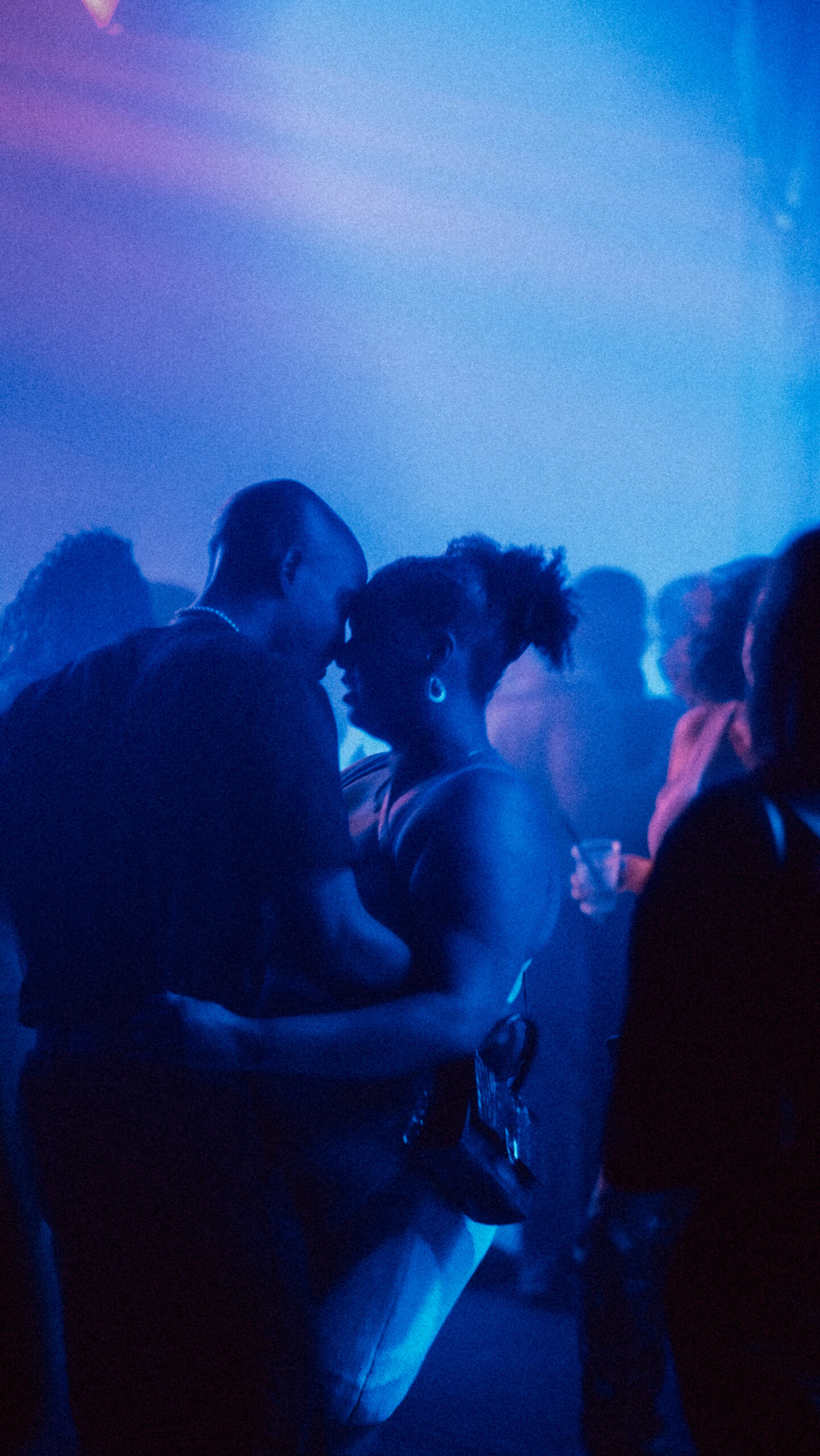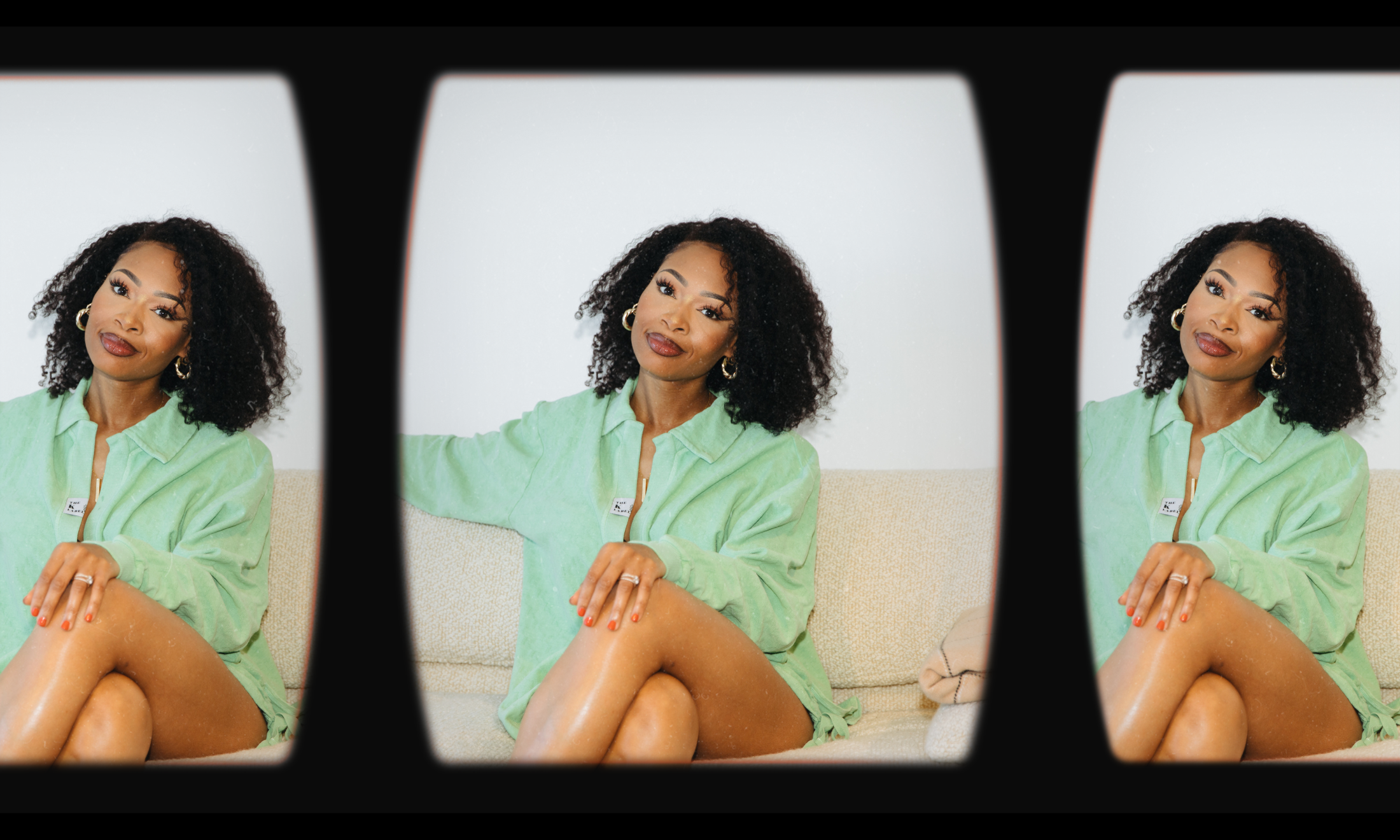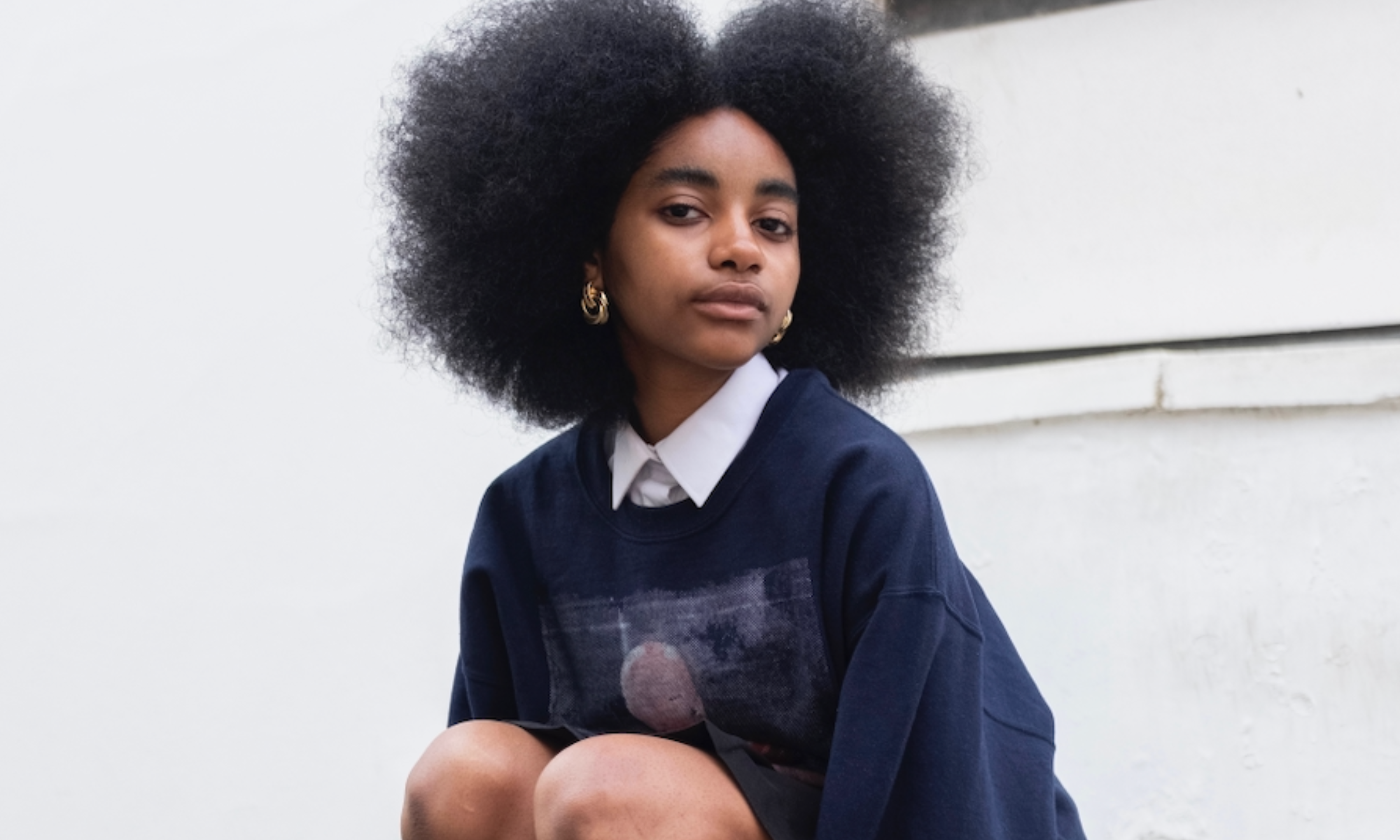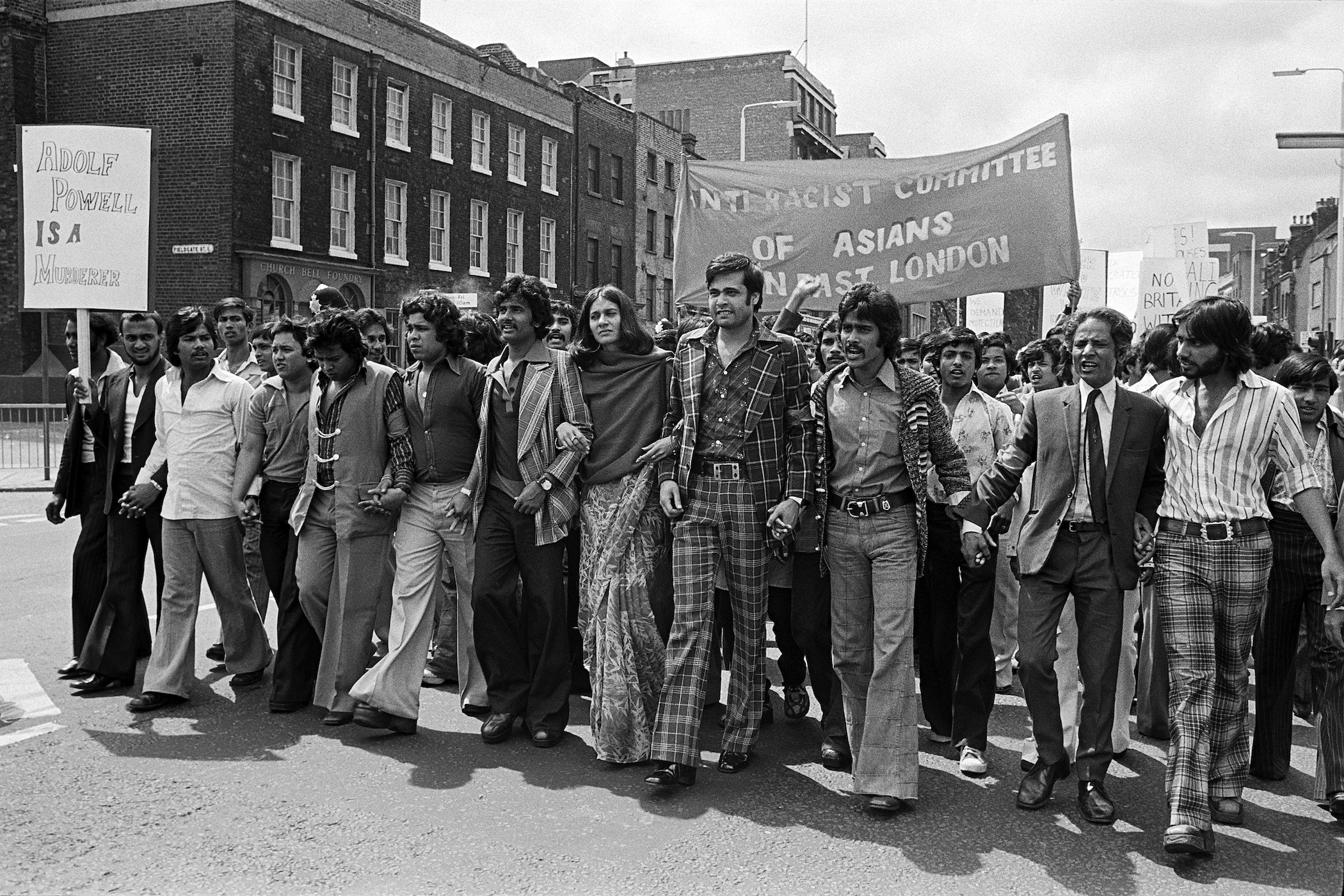
I’m on the train travelling from London to Manchester, my hometown, as I write this. A journey I’ve taken a million times. “Are you here for a job interview?”, “are you visiting family?”, are two questions I’ve been asked by southern friends during my stay. Both are valid assumptions, however, for me and many other black girls like me living regionally, a trip to the capital is merely part of getting our hair done.
Whilst this statement draws gasps from white acquaintances, amongst northern-based people of Colour (PoC) who choose to wear their afro hair in its natural state, this is standard, even for those of us from multicultural cities such as Leeds and Manchester.
There are approximately almost two million black people living in the UK yet it’s almost impossible to find a salon in Manchester offering a level of service equal to that offered to my white friends at most city centre salons.
It’s not to say that good black hair salons do not exist outside of London. For example, Bristol and Birmingham boast some respected afro hair salons. Yet, as both are still a substantial journey, I tend to stick to the familiarity of my London stylists.
In Manchester, however, you will most likely be forced to settle for a sub par experience in a crowded shop which will be markedly cheaper than most European salons, but lacking in professionalism and customer service.
Or worse yet, you will arrive to find the shop closed and be redirected to a house in Cheetham Hill where you will wait with the curtains drawn. With Get Rich or Die Tryin’ playing on the TV, you’re most likely alone in the company of an unknown client for half an hour whilst the owner of said house goes to collect your hairdresser from the train station – true story. Cheers for that recommendation, Treatwell.
Whilst situations like that sound far-fetched, sadly most black people in the UK will have had an experience, or several experiences, similar.
“If we look beyond the inequality of high street salons skilled in afro hair, there is a blatant lack of business initiative here”
The UK black hair industry is worth an estimated £88 million, with black women on average spending three times more than white women on hair care. So, why are industry giants content with missing out on this valuable portion of the market? If we look beyond the sheer inequality and lack of high street salons skilled in afro hair, which force us into such predicaments, you can see the blatant lack of business initiative here.
I called around several of the huge chain salons with stores in Manchester and whilst a couple did say that they would cut my hair, both instilled little faith that they would be able to do a good job.
The first informed me that there was “one girl who could probably do it, but come in first so she can have a look before we confirm”. One member of staff – and they couldn’t even tell me unconditionally that she could cope with my kinky mane without bringing me in first to inspect it.
A quick glance at the branch’s team section on the website showed me 15 members of staff, and only one could maybe, albeit unenthusiastically, attempt to tackle my hair. The second salon said they would do it but asked just how tight the curls were and sounded so reluctant that they almost seemed relieved when I said I wouldn’t be booking today.
A member of staff from Trevor Sorbie told me that the training at their salon did include a module on curly hair but admitted that this was limited to looser curls and that if “staff wanted to learn about afro hair in depth they would need to request to take on extra training”. This sentiment seems to be echoed at most training academies for major salons outside of London. The training is available, but not compulsory, and will cost you extra.
“The same hostility directed towards black customers also makes working in these environments an uncomfortable experience for black staff”
The absence of black faces is not just reserved to customers at such establishments, there is an obvious deficit when it comes to black employees. Out of the 15 staff on the salon’s website mentioned previously, none were black. This is not a rarity – there are close to 36,000 salons in the UK, yet fewer than 1% are afro specialists.
It appears the same hostility directed towards black customers also makes working in these environments an uncomfortable experience for black staff. This could explain why black hairdressers tend to stick to smaller, more community oriented salons.
In an ideal world there would be an increase in well-established black-owned salons. Even seeing a rise in the employment opportunities for hairdressers of colour in mainstream salons would be progress, and could consequently spare us the humiliation of being treated like an anomaly by inexperienced white staff.
“The apathy towards afro hair makes many salons anti-black spaces and, in turn, denies them revenue”
Grace Clarke, Senior Stylist at renowned Notting Hill salon Unruly Curls, said that it’s not unusual for clients to visit from “other cities and even other countries just to get their curls cut”, and puts this down to many regional hairdressers being afraid to cut afro hair.
“A lot of stylists are scared of curls due to a lack of knowledge and training. Clients complain that they will be encouraged to get their hair straightened before attempting a cut, or point blank refused, which is an awful experience for anyone to go through. The client will come away with a mistrust of hair salons, and if this happens at a young age a lot of people with curls will develop a negative relationship with and dislike of their hair”.
So, this inequality towards black people in regional salons doesn’t just take its toll on our purse strings funding endless train rides to the city, but also on our mental wellbeing and self image.
The beauty world finally seems to be taking note of the fact that inclusivity is financially beneficial, with cosmetics brands scrambling to keep up after Fenty Beauty’s release of foundation in 40 shades and demonstrated that the more you cater for PoC, the more money you make. By releasing the Pro Filt’r Foundation in colours from “Alabaster” to “Ultra Deep” the brand made US$72 million in its first month and has the most black shoppers of all beauty lines.
Yet the hair industry is still lagging behind, and it seems for the time being I’m going to need to keep whipping out my railcard every time I need a trim. We can only hope that the industry will start to realise that this apathy towards afro hair makes many salons anti-black spaces and, in turn, denies them revenue.

